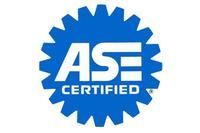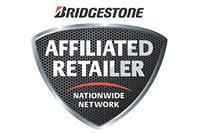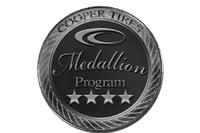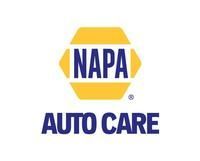Vehicle Symptoms
Vehicle
Symptoms
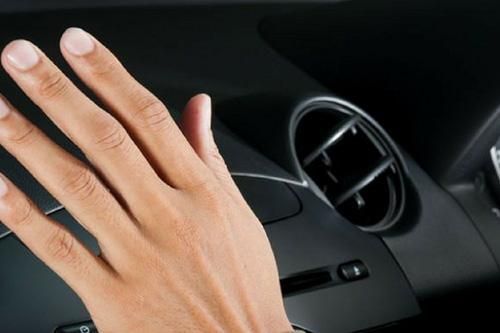
Air Conditioning Not Working
When your car's air conditioner isn't cooling anymore — or worse, blowing hot air — it can make for an uncomfortable ride on a warm day.
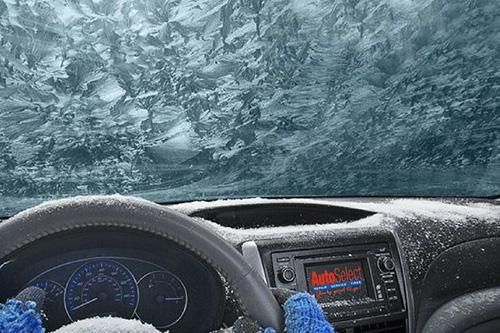
Car Heater Not Working
It's freezing outside, and all you want is to get in your car and turn on the heat. You start it up and hit the heater.
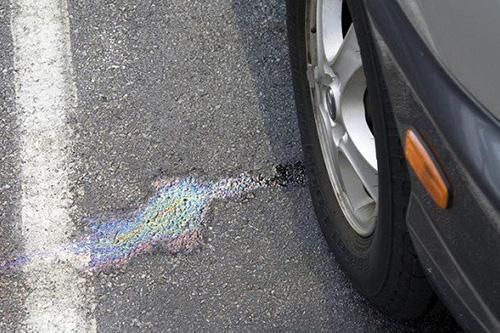
Car Leaking Fluids
You leave your car for a few minutes — or a few hours, or a few days — and come back to find a puddle forming underneath it.
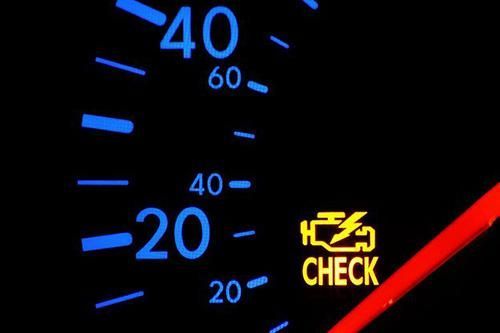
Check Engine Light is On
If your check engine light comes on, it can give you a feeling of dread. Is something about to go wrong? How much is it going to cost?
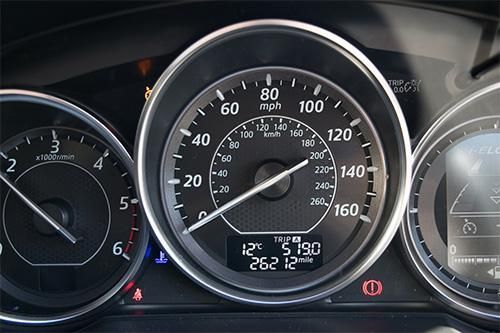
Rough Idle
There can be a variety of reasons why your vehicle is idling roughly. The downsides can be reduced fuel economy, poor performance..
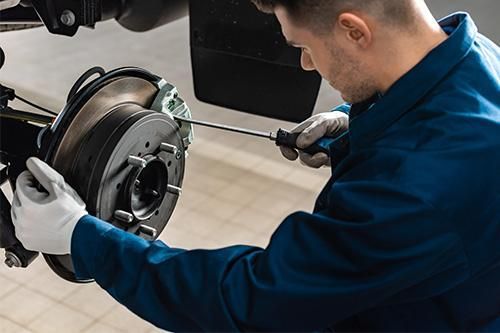
Squeaky or Grinding Brakes
Brake noise is like fingernails on a chalkboard. Every time your vehicle comes to a stop, the brakes squeak, grind or squeal..
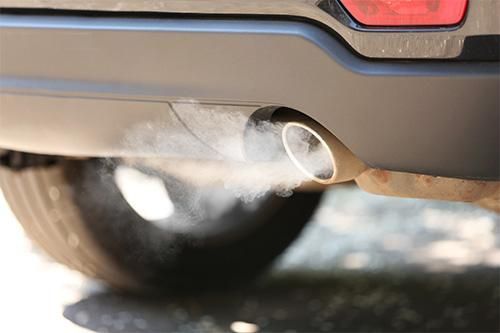
Tailpipe Smoke
Other than flashing red and blue lights, there might be nothing worse to see behind your vehicle than smoke.
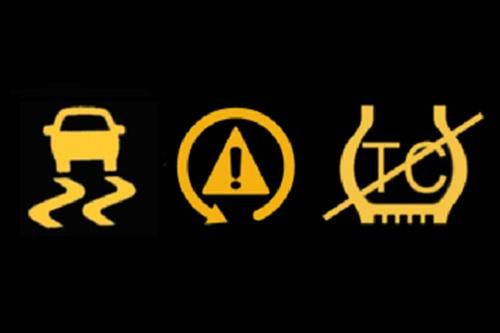
Traction Control Warning Light
When unwanted, unmetered air gets into the engine, it's called a vacuum leak. These leaks can create a lot of problems..
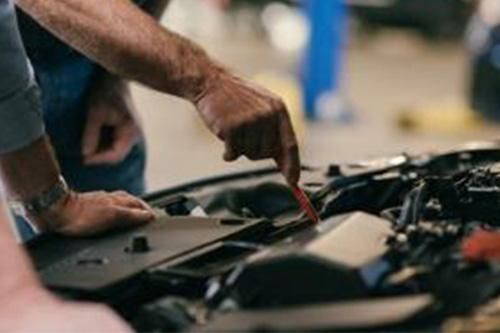
Vacuum Leak
If your wheels are out of alignment, you may notice that your vehicle pulls to one side or the other.





